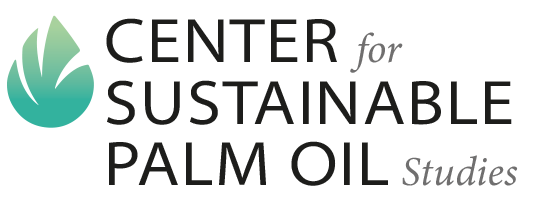
On 1 December 2020, the European Union and the Association of Southeast Asian Nations (ASEAN) convened the 23rd ASEAN-EU Ministerial Meeting (AEMM) where they committed to enhancing trade, security cooperation and working together to achieve United Nations’ Sustainable Development Goals (SDGs).
The summit was attended by the Foreign Ministers or their representatives from all ASEAN Member States and 27 EU Member States, as well as the ASEAN Secretariat and European Commission. Notably, the meeting agreed to make significant change to policies on vegetable oils, including palm oil. A joint statement issued by the co-chairs’ stated:
“In the spirit of mutual cooperation pertaining to sustainable vegetable oil production, we welcomed the launch of a joint working group between the EU and relevant ASEAN Member States to address the challenge towards reaching Sustainable Development Goals in the vegetable oil sector, especially the importance of a holistic approach to the environment and looked forward to the convening of its first meeting, to be held in January 2021.“
This declaration represents a major shift in the EU’s approach towards sustainable palm oil production. Finally, the EU is acknowledging that the support for the palm oil industry can be included in the pathway to sustainable development. It will allow the EU to review its policies on other vegetable oils, including rapeseed, sunflower and soy, and assess these with respect to objective sustainability standards.
Ministers also agreed to work “towards creating a practical framework for an ambitious ASEAN-EU Free Trade Agreement (FTA)” because “this would send a strong signal of both regions’ commitment to bring tangible benefits through economic integration and trade liberalisation”. In the process, EU-ASEAN relations will be upgraded from a dialogue to a strategic partnership. Incentives for this exist on both sides since the EU is the third largest foreign investor and trading partner for ASEAN.
This change in EU policy moves the debate beyond the narrow focus on carbon emissions and enables both sides to look at palm oil through a wider perspective.
It appears that the EU is starting to acknowledge its mistaken approach of measuring environmental impact of one single commodity, while disregarding the fact that consumption of other seed oil commodities with greater land-use changes and higher carbon emissions would have escalated.
Interestingly enough, the change in the EU’s approach came soon after the publication of a landmark report by the Schumacher Institute. The UK-based think-tank with close ties to the EU, has been funded by the European Commission and the report author, Dr Nafeez Ahmed, serves as an advisor to a major EU-backed research programme on the low carbon transition.
The report criticised the EU’s contradictory approach on deforestation which allowed beef and soy to be imported without restrictions, while those commodities are actually responsible for a third of deforestation-linked carbon emissions. Consequently, it suggested that EU ban on palm oil would lead to reliance on other oilseeds which use more land and resources and thus contribute to greater deforestation.
Importantly, the Schumacher Institute report called for a completely new approach to sustainability standards that could be consistently applied across all such commodities rather than singling out palm oil.
Moreover, the report urged the EU to support those sustainability standards proven to work, such as those in Malaysia — where record declines in deforestation rates provide valuable examples that should be emulated and supported rather than boycotted.
In Malaysia the oil palm industry has made vital contributions towards economic growth and the country’s rapid development. In particular, the survival of independent smallholder farmers is crucial because they have played an important role in the progress of the agricultural industry in Malaysia.
In fact, over 40% of all palm oil estates in Malaysia are owned by smallholder farmers, who have gained from oil palm cultivation. Palm oil has been one of the main factors in Malaysia in reducing poverty from 50% in the 1960s, down to less than 5% today. The palm oil industry is directly employing more than 570,000 people, with another 290,000 people employed downstream.
The Schumacher Institute report’s recommendations to the EU included incentivising further progress by opening the door to new trade relations. December’s ASEAN-EU meeting has achieved that: its welcomed policy direction could bring in new opportunities for joint cooperation where both ASEAN and European countries can work together towards a truly sustainable future.







